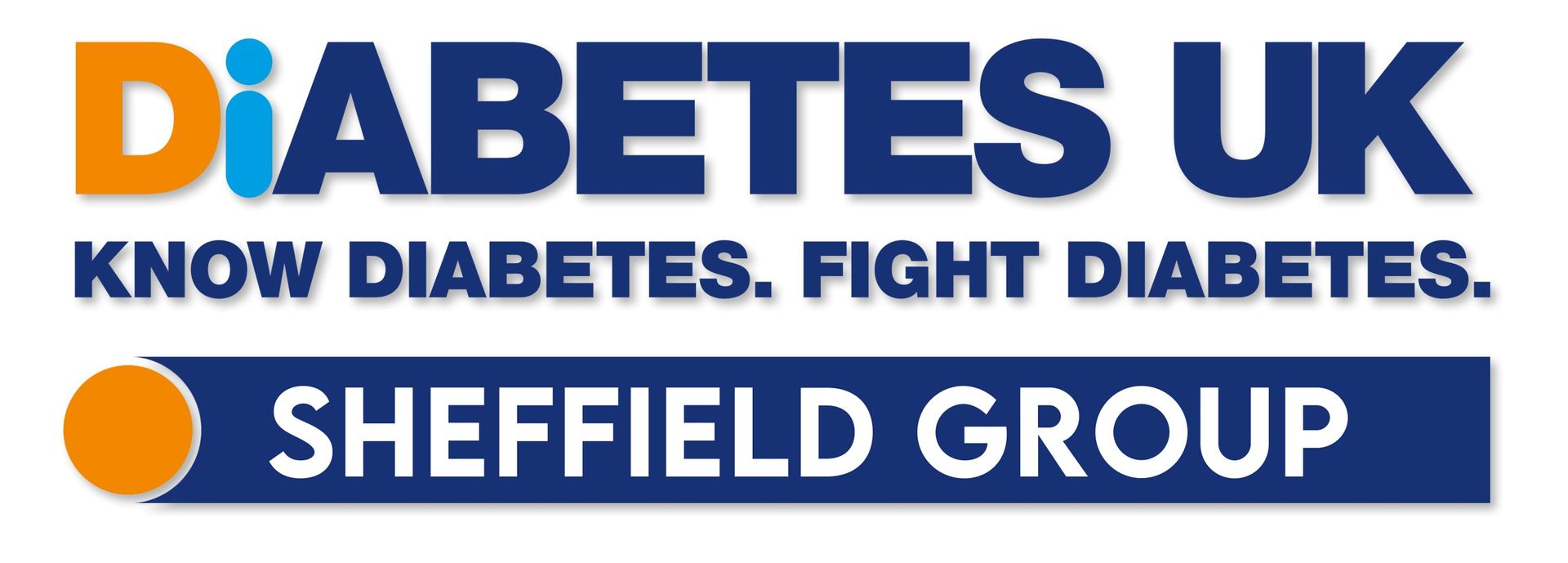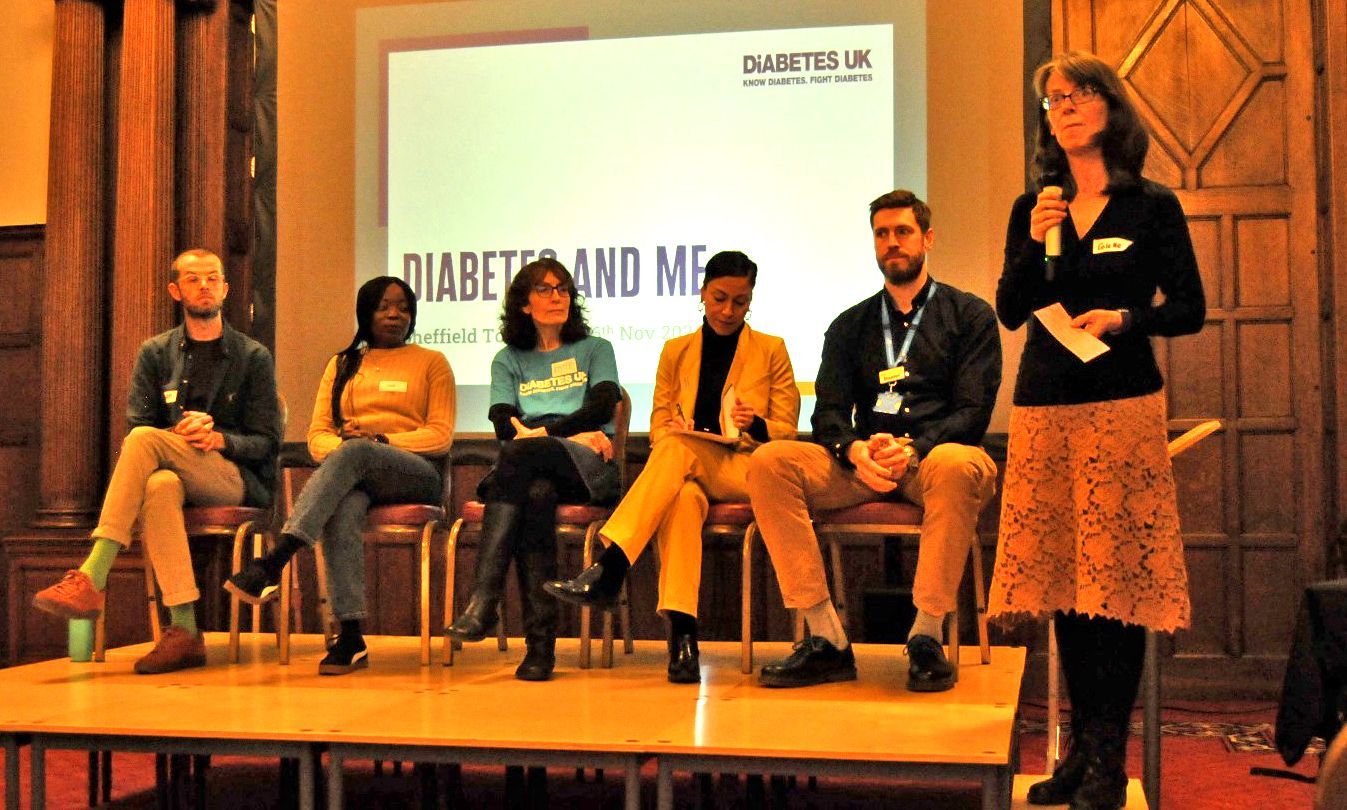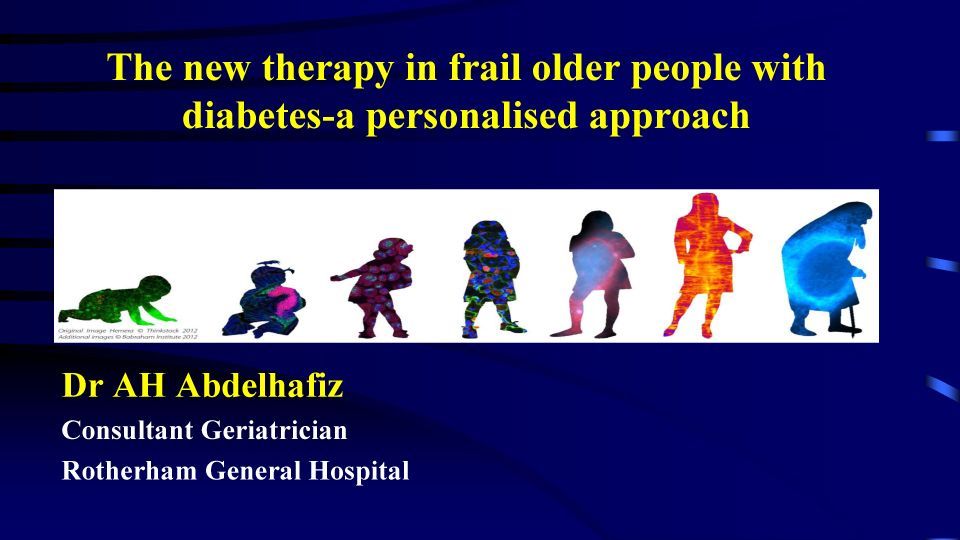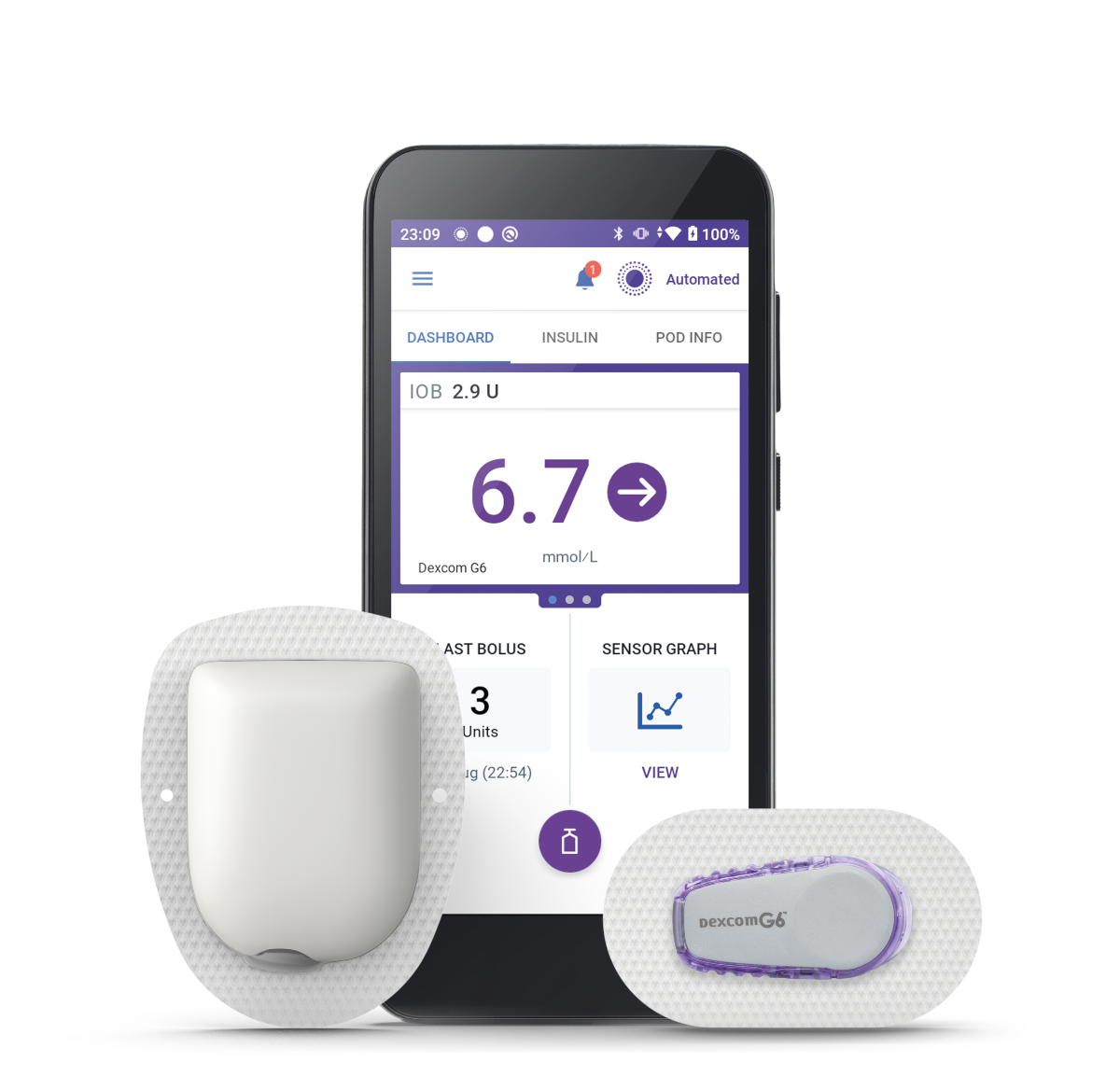Expert speakers were invited to talk and give presentations about different aspects of living with diabetes, and at the end of the event the speakers came together as a panel to answer questions from the floor.
For all the latest News and Views from the Diabetes community click this link to the Diabetes UK Website:
Festive Social 2025
After many months of planning, our Festive Social and Raffle Prize Draw evening had finally arrived. It’s an evening where we can mingle with our fellow volunteers, community and group members for a few hours, to catch up, to share advice or just to look back on the past year as we anticipate the arrival of 2026. We quickly transformed the room into a festive scene with sparkling lights and tinsel, and laid out the buffet all generously donated by group members; there were the sounds of seasonal music and jovial buzz in the air as we eagerly awaited the arrival of Santa, who would draw the winners of the annual fund-raising raffle prize draw.
We chatted, ate the lovely food and we waited …… where was Santa???? Had he forgotten, were his reindeer still sleeping?? Had we sent him the wrong address, or had we just not been good this year and he’d decided not to call????
But then in the distance we heard a jingle of bells and a Ho, Ho Hooooo, it was Santa, he was here!!!
Santa and his helper did a marvellous job in drawing and announcing all our raffle winners, with plenty of rich resounding ho ho hoes and fond memories of presents he’d delivered to some over the years! When the first prize winner’s ticket was drawn, we rang the winner to let him know, and Santa Claus boomed the news to the lucky and generous ticket buyer!
It has certainly been a challenging year, with so many volunteer groups like us asking local businesses for donations. In a year which has been economically challenging for them all, the different shops and businesses gave generously. We have to say a huge thank you to all our prize donors; your donations are all greatly appreciated.
Firstly, we would like to thank Hannah Gibson for donating our first prize. Hannah is a Geologist and an international award-winning glass artist who, passionate about sustainability and recycling, uses waste glass to make beautiful meaningful art. We regularly send her used insulin vials and cartridges saved by our members and Sheffield Type 1s. The prize, valued at £1,750 was called All Aboard from her Recycling Narratives Collection. https://www.hannahgibsonglass.co.uk/recycling-narratives--all-aboard
Our thanks also go out to the following local businesses:
Brown’s Brasserie - BB’s Italian Restaurant - Café 200 - Café Nort - Café Pie - Endcliffe Park Café –Ferndale Garden Centre - Hendersons – HMV - Lemon Town - Luke Horton Prints - Marmaduke’s - Marveli’s - Maxfield’s Travel - Morrisons – Sheffield United FC - Sheffield Wednesday FC – Springvale Tavern - Tesco’s –Valleyside Garden Centre - Vitos
Also, to Chris Cheyette at Carbs & Cals.
And finally, we would like to thank our families, friends, volunteers and our supporters who also kindly donated prizes to the raffle, and for your hard work to make sure almost everyone you knew and some you didn’t, had the opportunity to purchase raffle tickets!
Many congratulations to all who won prizes and many many thanks to everyone who made donations to the group or who bought raffle tickets at £1 each. The annual raffle is our largest fundraiser each year. Thanks to you, the group will continue to host monthly informative and interesting events, hire the hall and buy the welcoming coffee! You’re helping us to give information to newly diagnosed people, help raise awareness of diabetes, and help us visit some fabulous venues across Sheffield to chat 1:1 about remission, risks and roasting broccoli! You helped us visit among others, the Pakistan Muslim Centre, Abbeyfield Park, Family Voice, Madina Mosque, Shipshape, Darnall Well Being, Carers’ Groups, Sheffield Hallam University and Voluntary Action Sheffield. You helped us reach out across Sheffield and offer information and encouragement to people living with diabetes and people at risk of it.
We know he was a little late, apparently his GPS tracker had a blip, but we would like to thank the Sheffield Royal Society for the Blind for the loan of not only the Santa suit, but for Santa as well. Thank you, Marcus, you were just fabulous!!!
Following the evening we donated an unwanted prize of a Barbie Type 1 Diabetes doll, to the Diabetes Team at the Sheffield Children’s Hospital. They were delighted and they really appreciated that we had thought of giving them the doll.
A big thank you to all who were involved in making it a lovely evening and a fitting end to our 2025 meetings.
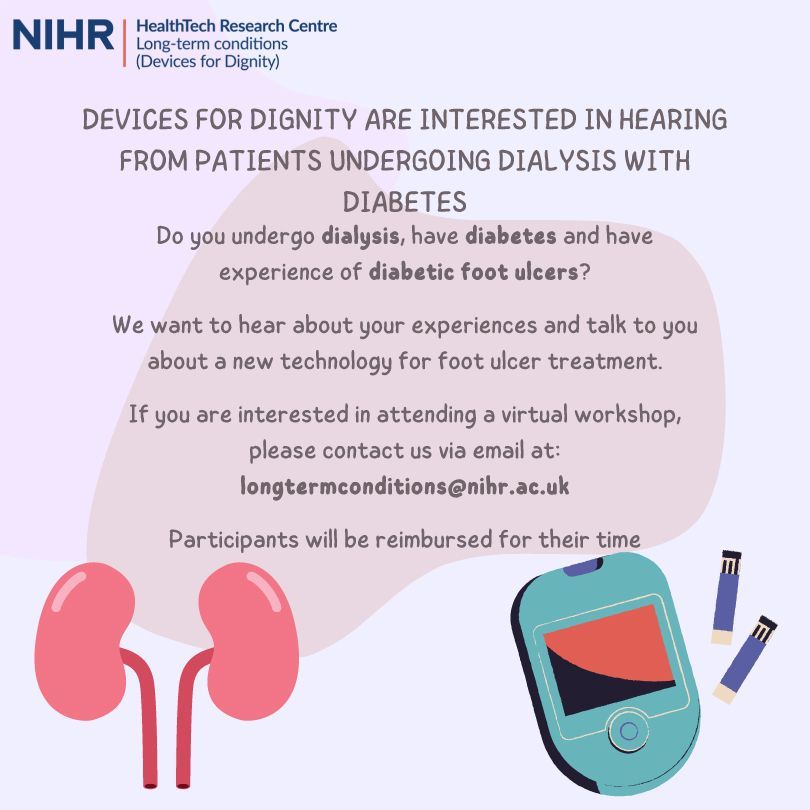
BUMPS AND BLOOD SUGARS
At our May 2025 Group meeting we had a presentation all about pregnancy and diabetes.
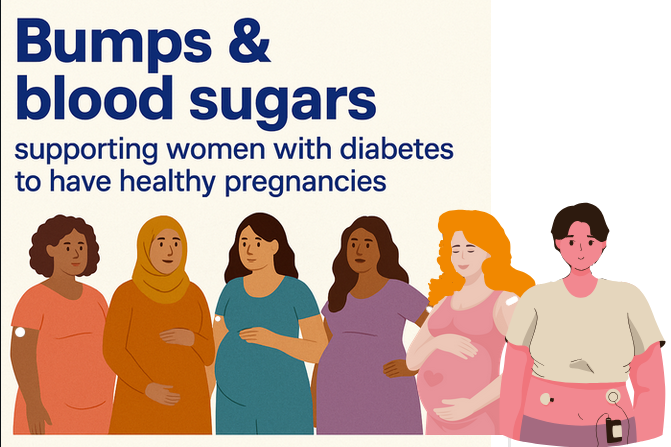
The presentation is also available on our YouTube channel: Diabetes UK Sheffield Group - YouTube
Sheffield Diabetes UK Group has been selected to be a Healthwatch Hero
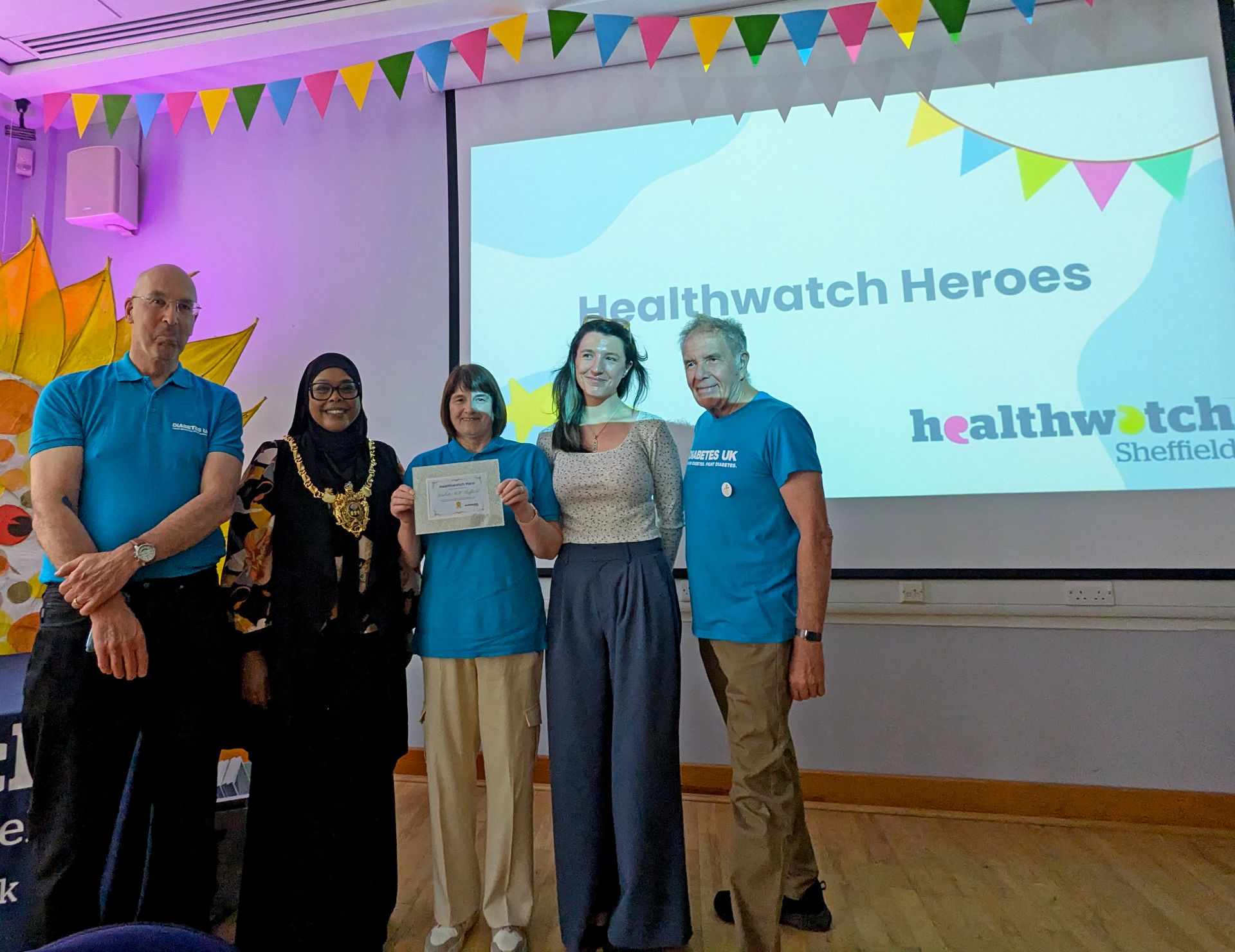
We’re delighted that Sheffield Diabetes UK Group has been selected as a Healthwatch Hero.
HealthWatch Sheffield says:
This award recognises individuals and organisations who go above and beyond to support people in Sheffield to have their voices heard and influence the health and social care services that affect their lives. Your work has made a real difference, and we want to celebrate that with you.
We collected the award, presented by the Lord Mayor at the Community Voices Brunch event on 2 July
Healthy Living for people with Type 2 Diabetes
There is now a free, online NHS Programme that supports people to live well with type 2 diabetes.
The programme is user-led and offers an alternative means of accessing support to the more traditional, group-based structured education programmes.
To register for the programme, follow this link: Healthy Living
"Diabetes and Me" Event
On 16 November 2024 Diabetes UK Sheffield Group held a very successful day event at Sheffield Town Hall. "Diabetes and Me" saw large numbers of people come together to find out more about living with diabetes.

Breathe Easy Sheffield is a unique new non-profit events series! If you enjoy socialising, but feel cautious since the pandemic about crowded and indoor spaces - this is for you.
Many people are still worried about the risks of attending in-person events, especially people who are clinically vulnerable to covid-19 and other infectious diseases.
Breathe Easy Sheffield is a new eclectic series of social and cultural events, designed with enhanced safety measures in place to reduce transmission risk.
Booking is now open for autumn/winter events, including cinema, life drawing, informal socials and festive crafting.
Want to find out more? Join the mailing list bit.ly/breathe-easy-signup or mailto:breathe.easy.sheff@gmail.com
Diabetes and Ageing
The Diabetes UK Sheffield Group held a very well attended and important meeting on Thursday 19th September 2024 at Radisson Blu Hotel. The topic was “Ageing and Diabetes Matters – National Recommendations for Better Care”.
The speakers were Professor Solomon Tesfaye (DUKS President), Professor Alan Sinclair (International Expert MD FRCP), Dr Ahmed Abdelhafiz, Local Consultant in Elderly Medicine. Also in attendance was Irene Fufeyin from Diabetes UK Executive Team.
Before the main talk Irene presented the H G Wells medal to our lovely friend Mavis Thompson’s family. Mavis died this year in her 80th year of diabetes.
Professor Sinclair opened his talk outlining that 33% of OAPs over 65 years develop type 2 diabetes. This is a huge problem for the health care professionals to manage particularly when other health conditions such as frailty, cognitive issues and lack of mobility may affect a patient. Type 1 diabetes is also prevalent in OAPS over 65 and can be complex to manage.
Alan outlined that many papers and studies have been carried out over the last few years to outline the issues of care management of the elderly with diabetes. The reports are aimed at developing a better understanding of care management and drawing up best practice guidelines.
Frailty can now be assessed using guideline to assess patient’s abilities and medical situation. GP ‘s use this system regularly. Frailty can be reversed with the correct inputs and quality of life can be increased.
Diabetes in old age can cause physical health problems. About 40 % of older people with diabetes have at least 3 comorbid conditions. Diabetes in old age increases the risk of cognitive dysfunction and depression.
A high HbA1c instability equates to a high mortality rate. A stable HbA1c level has a reduced mortality rate.
Technology is increasingly helping to assist with the management the elderly people with diabetes.
Dr Ahmed Abdelhafiz spoke about the problems of managing elderly people with diabetes, physical dysfunction and comorbidities. He spoke about how frailty can be assessed by a combination of unintentional weight loss, weakness (reduced hand grip), exhaustion (self reported) and slowness (reduced walking speed). He showed how managing hypoglycemia can be beneficial to elderly patients. Some medications can be reduced. Ahmed used several slides to high light different factors affecting the care of elderly patients. He also covered the benefits of using new therapies (SGLT-2is and GLP-1RAs).
An interesting Q and A session followed the presentations. Topics covered can be summarized as ageing and going into care - how are patients supported?, upskilling of care home staff and training requirements, professional health care support to elderly patients, ICB has a “Quality in Care Homes” support team. Diabetes is a disease of the muscle and resistance training is important for elderly people.
Both presentations can be viewed in full by clicking these links:
When a social prescription for type 2 diabetes becomes medicine for the community
by
Jules Hotz
On a sunny Tuesday last September at Endcliffe Park, I met the “Chain Gang” -- a group of cycling enthusiasts turned tea-time-friends. Like every gang, each member has a role to play in the group. Martin is the mechanic and the flapjack maker. Linsay is the storytelling comedian. Chris is the warm, self-deprecating glue. And Frank is the group founder and leader (although, I’m sure he’d tell you that everyone in The Chain Gang is a leader).
As I sit with them and hear tall tales of their weekend cycles and holiday parties, I imagine they’ve been friends for years. But the group is new, and has an unusual origin story, which began when Frank was given an unusual prescription for his type 2 diabetes: a
social prescription.
Earlier, Frank had been given all kinds of medicine and health advice for his type 2 diabetes. He was told, with a wagging finger, to exercise more. He was told to eat cornflakes (which, he says, he later learned, is one of the worst things you can do as a diabetic). He was given insulin, and was told he’d be on it for the rest of his life.
But when Frank moved to a new spot in Sheffield and found a new doctor, Ollie Hart, he found a new chance at healing through a new kind of prescription. Instead of leading with Frank’s symptoms (“what was the matter with him?”), Ollie got to understand Frank’s interests (“what mattered to him?”). And when he learned Frank enjoyed cycling as a kid but hadn’t been on a bike since, Ollie prescribed him a spot in a Cycling Confidence course through the local group, Pedal Ready -- six weeks of guided instruction helping riders relearn the the basics of biking, like “looking behind, turn signaling, stopping with control, cycling in a group, cycling through a roundabout,” says group instructor, Pam Walton. “It’s about encouraging people [to ease into cycling] and not forcing them to do things before they’re ready.”
My new book,
The Connection Cure, which digs into the science, the stories, and the spread of social prescriptions like these around the world, tells the full story of Frank’s before-and-after healing journey. But to give you a little spoiler alert, let’s just say: Frank got better -- both physically, and psychologically. “It wasn’t as much about controlling his diabetes as much as it was about getting him out and doing something,” says his doctor, Ollie.
And yet, Frank
did find relief from his type 2 diabetes symptoms. He lost weight, he came off his insulin, and feels “better than he’s felt in years,” he says. But perhaps more importantly, Frank met lifelong friends through Pedal Ready. And determined to keep cycling with them beyond the Pedal Ready course, he created The Chain Gang -- an informal, inclusive group meeting for weekly cycles (on Tuesdays at 10am), where anyone can suggest a ride, and nobody gets left behind.
While sipping tea and nibbling flapjacks with the Chain Gang, I learn Chris, Linsay, and Martin have similar before-and-after stories. And I realize it’s not just the cycling that’s medicinal (although, of course, that helps -- since cycling is associated with
lower disease riskand
increased life expectancy). I learn, especially on this
Loneliness Awareness Week, that the fellow cyclists’ social company is medicinal, too.
Hero of Health
We recently had a presentation about Hero of Health, with brilliant speakers telling us how to live a healthier life with Type 2 diabetes and how the condition can be reversed. If you missed it or would like to see it again, click below:
Artificial Pancreas Technology to be offered to diabetes patients
Tens of thousands of people with type 1 diabetes in England are to be offered a new technology, dubbed an artificial pancreas’
A glucose sensor under the skin automatically calculates how much insulin is delivered via a pump. Later this month, the NHS will start contacting adults and children who could benefit from this.
There is a five year plan to roll out the technology. Nice recommends its use for those with type 1 who are in certain categories, including children and under-18s, pregnant women, and those with a HbA1c reading (a way of recording long-term blood sugar levels) of 58 mmol/mol, or 7.5%, or higher. To see more, visit BBC News website:
Diabetes patients to be offered artificial-pancreas technology - BBC News

BetterPoints Sheffield
You can earn rewards and win prizes when you choose to make healthier and more environmentally friendly journeys around Sheffield. Download the free app to begin.
Click below for details;
BetterPoints Sheffield - inspiring healthier journeys
New NICE recommendations on hybrid closed-loop systems
for type 1 diabetes
An announcement by the National Institute of Health Care and Excellence (NICE) on 7 November outlined details of who will be offered hybrid closed-loop technology in England and Wales and how it will be rolled out over the coming years.
Under the new recommendations, hybrid closed-loop has been recommended for adults living with type 1 diabetes who have an HbA1c of 58 mmol/mol (7.5%) or higher, or have disabling hypoglycaemia, despite best possible management with at least one of the following: continuous subcutaneous insulin infusion, i.e. an insulin pump; real-time continuous glucose monitoring (CGM), e.g. Dexcom/Libre 3; and intermittently scanned continuous glucose monitoring, Libre 2.
Hybrid closed-loop has also been recommended for: children and young people (under 18 years old) living with type 1 diabetes; and people living with type 1 diabetes who are pregnant or planning a pregnancy.
The guidance goes on to say that hybrid closed-loop systems should only be used with the support of a trained multidisciplinary team experienced in insulin pumps and continuous glucose monitoring in type 1 diabetes. It also says that eligible people and their carers should be able to use them safely and either be offered an approved structured education programme or know how to manage insulin dosing and adjustments.
The final document will be subject to appeals and challenges until 28th November, and when this is concluded the final guidance will be prepared for publication. This is expected to published in December.
Guidance for NICE technical appraisals applies to England and Wales but can also be taken up in Northern Ireland. Scotland already has guidance for hybrid closed-loop systems and will continue to implement this.
Colette Marshall, Chief Executive of Diabetes UK, and Professor Partha Kar, diabetes specialty adviser for diabetes at NHS, have both welcomed these developments.
100 Years of Insulin
It is 100 years since insulin was discovered by Sir Frederick Banting, Charles Best and JJR Macleod. Since then the lives of millions of people diagnosed with Type 1 diabetes have been saved., CLICK HERE TO VISIT THE DIABETES UK WEBSITE READ MORE ABOUT THE STORY OF INSULIN.
There is an article in the November 2021 issue of The Lancet, written by Sheffield's own Professor Simon Heller along with Arthur Durrant and Nikhil Tandon entitled "Insulin, the patient and the health professional". This is all about how the discovery of insulin revolutionised the treatment of diabetes making it no longer a death sentence for those diagnosed.
Click the button on the right to read the article.
